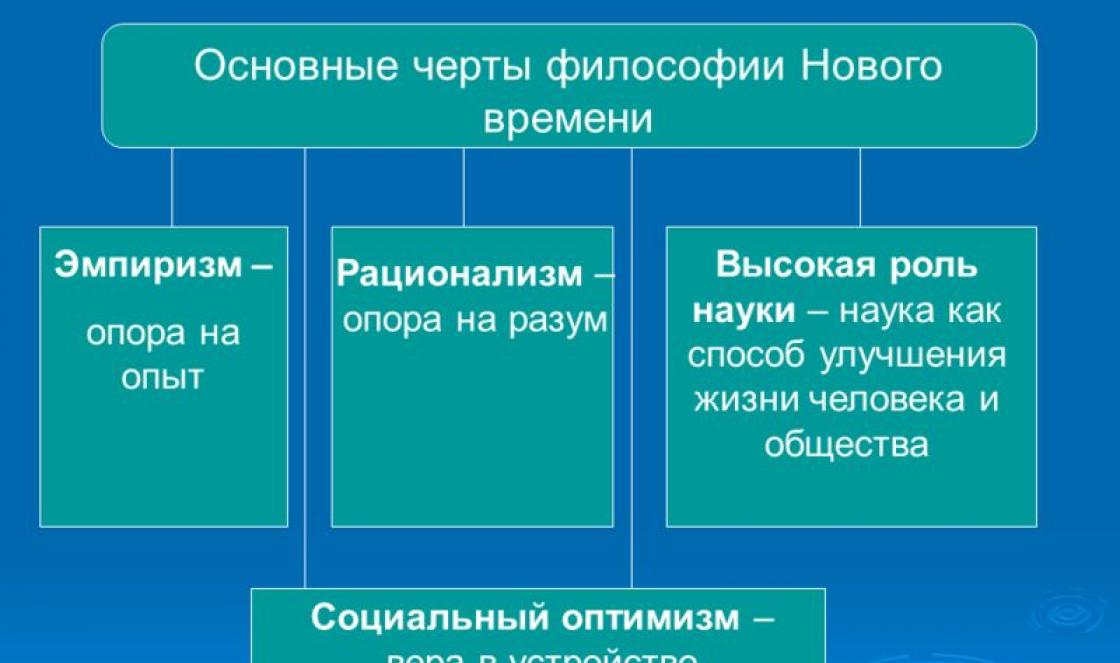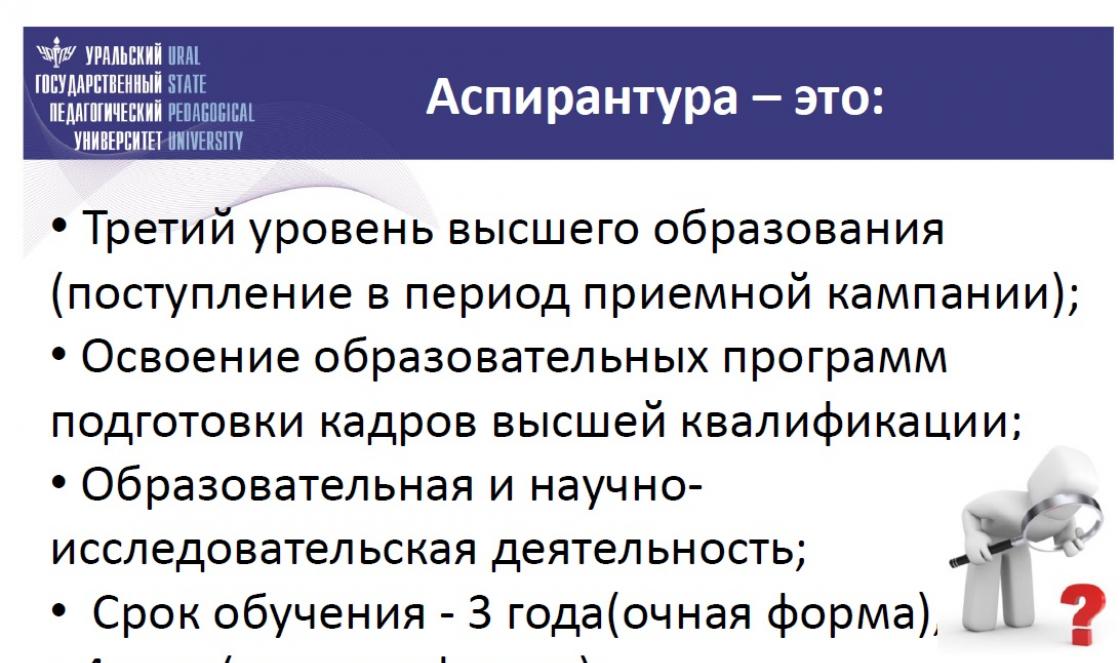"ICT in Literature Lessons" - Ninety thousandth hundred thousandth. The modernization of education cannot be imagined without the use of information and communication technologies. There is another very tricky particle - NOT. Purpose of the master class Diagnostics of the quality of knowledge in literature. “Without striving for something new, there is no life, no development, no progress.”
"5-11 grade literature" - Elective courses. Trading house "Mnemosyne". The content of some works is interpreted in a new way. The 9th grade course covers Russian literature from antiquity to the present day. Teaching materials for grades 8 and 9, a team of authors-compilers, edited by G.I. Belenky. Teaching aids. We invite you to cooperate.
"Methods of teaching literature" - Many philologists deliberately deviate from the program, work according to their plans. The first dealt with historical, real material, the second - with fictional. A. I. Herzen. At that time, literature had not yet been singled out as an independent academic subject. Special attention is given to exercises, "games in verbal forms".
"Project activity in literature" - Educational material. Brainstorm. A feature of the lyrics of A.A. Fet. Project activity. Project types. Business card. Algorithm. Development of competencies. Write an essay. Mini project. Rules for successful project activity. Selecting a project topic. Visiting a fairy tale. Standards. Project activities -.
"Benefits for Literature" - A work of art: content and form. Interior. Visual aids in literature. Versification. Russian language grades 10-11. Literature. Russian language. Prose and poetry. Journey into history… Myths and fairy tales. Analysis lyrical work. Image system. Scenery. Modern mass culture.
"Cherkezova Literature Program" - The content and structure of the program. Are there any poems about winter, about a long journey in your native literature? Publisher. M.V. Cherkezova. Place of the course in curriculum. What is the main food item in the life of your people? Cherkezova M.V. Literature. Grade 5 (Part 1, 2). Additional literature for teachers and students.
In total there are 20 presentations in the topic
Gaius Valerius Catullus
Life and art.

- 1. To introduce students to the main stages of the life and work of Catullus;
- 2. Consider the features of the lyrics of Catullus;
- 3. to improve the skills of analyzing a poetic text on the example of the poems of Catullus.

- Born into a wealthy family in Verona (now Italy).
- Received a good education, traveled a lot.
- Died young (about 30 years old)






- He wrote about 116 poems.
- Joined the group of lyricists "neotherics" (new poets).

- Neoteriks developed small literary forms:
- epigram
- elegy and etc.
- They despised social life
wrote about private life.

- “A friendly circle replaces the state for Catullus, the concepts of social virtues are transferred to friendly everyday life: valor, fidelity, firmness, piety.”
M.L. Gasparov

- Important for a poet cult of friendship . Friendship was valued in the culture of Rome.
- Catullus is proud of his friends, communication, confidential "talk" of souls, common interests are important for him.

- His lyrics are inspired by love for Clodia (a noble Roman woman, a beauty of the Roman high society).
- Love for Catullus - a deeply conscious feeling, verified by reason.
- He loves Claudia both physically and spiritual love . The tragedy is that Claudia prefers the physical love of another person who cannot love spiritually.

- No, none of the women can boast of such
- A devoted friendship, like me, Lesbia, was your friend.
- Stronger than the bonds of love that once tied the two of us together
- There were no strong and binding ties in the world.
- Now the heart is broken. Jokingly you split it,
- Lesbia! Passion and sadness broke my heart.
- I will not be your friend, even though you would become modest again,
- But I can’t stop loving, even if you are a criminal.

- No, do not hope to win the affection and gratitude of a friend.
- It is better not to expect pious love as a reward!
- Ingratitude reigns, goodness brings no reward,
- Where are the awards! Good will give birth to bitterness and melancholy.
- So it is with me. My worst and most cruel enemy
- He turned out to be a friend and brother to whom I was.
Platonova N.S.
Teacher of Russian language and literature
MOU "Gymnasium No. 1"
Grade 9 “Valery Catullus. Lyrics.
V. Catullus. Lyrics
Lesson-lecture.
During the classes.
- The concept of " ancient lyrics».
- Caius Valerius Catullus - Poet of the Golden Age.
- The similarity of the lyrics of Catullus with the lyrics of A.S. Pushkin.
- His lyrics are a response to all phenomena of life, especially personal ones.
- The innovation of the lyrics of Catullus.
Teacher's word.
Speaking of "ancient lyrics", we mean the lyrics of 2 not only different, but also very different peoples - the Greeks and the Romans. Roman poetry is directly dependent on Greek, but this is not a continuation or a copy: Roman poetry has many of its own national features. The unification of Greek and Roman lyrics into a single concept of "ancient" lyrics is justified by the common culture of the Mediterranean, that is, to a greater extent, new Europe.
Lyrics ancient rome clearer than Greek. The major poets of this period are presented with enviable completeness. In addition, the development of Roman poetry proceeded in stages that are more clearly perceptible.
Greece was covered with the spirit of music. Without the lyre or flute, there was no lyric poetry for several centuries.
The Roman people were not musical. The Romans did not even have their own Homer. Roman poetry developed out of imitation of its Greek predecessors. But, having no legitimate ancestors, she was able to reach a height worthy of a great people.
The heyday of the Roman lyric roughly coincides with the reign of Augustus. This period is usually called the "golden age" of Roman poetry: it was during these years that the most famous poets wrote - Virgil, Horace, Ovid. But our modern perception is ready to expect a preference for the poet who worked on the eve of the "golden age" - Caius Valerius Catullus.
Valery Catullus, who lived in the 1st half of the 1st century BC (87-85 BC), was, like Cicero, but in the words of Tyutchev, “caught by the night of Rome”, that is, by the change of the republican system by autocracy. Originally from Verona. Died in Rome. Thanks to his father's connections, he gained access to the environment of the Roman nobility. This is the first Latin lyric poet.
Having settled down in the metropolitan atmosphere of Rome, Catullus soon became the center of a small but gifted circle of peers. Poems addressed to Licinius Kalv and other friends involuntarily bring to mind Pushkin's relationship with his lyceum comrades. In general, in the temperament and many features of the lyrics of Catullus, there is a resemblance to our great poet.
When Caesar crossed the Rubicon and approached the Eternal City, the Republican Catullus greeted him with a defiant epigram:
Least of all I strive to please you, Caesar, - I don’t even want to know whether you are black or white.
In this epigram and other verses that angrily taunted Caesar's associates, there is not only the political position of the young poet, but also a manifestation of his character. Catullus brought simplicity and straightforwardness from Verona. Subsequently, attacks against Caesar were graciously forgiven him. It is difficult to decide whether Caesar neglected the poet's taunts or feared his caustic language, but the fact is that Catullus' poetic insolence got away with it.
The real element of the lyrics is his direct feeling, the response to all the phenomena of life, especially personal. This is natural, since that was the time when attention began to focus on the individual, the human. Everything was reflected in light, sometimes rude, often caustically satirical "trinkets", as their young author liked to call his poems. The poet was young. He suffered an early death, he died of a cause unknown to us, barely passing the age of 30. Maybe the exhausting life that Catullus led when he was in Rome was to blame - let's remember what an example of licentiousness Caesar himself set in his youth. But, perhaps, the reason for the rapid decline in strength was also unhappy, painful love.
The poems addressed to Lesbia reflect all the vicissitudes of his love, about which it is even difficult to say whether it was mutual, and if so, whether it was given. The name Lesbia is a poetic pseudonym for Claudia.
Lesbia belonged to a wealthy family, but she herself gradually slipped into indiscriminate debauchery, and this caused deep suffering to the free in verse, but essentially chaste poet. The cycle of poems addressed to or related to Lesbia has caused many imitations. Lesbia betrays Catullus, and he stigmatizes her with verses full of deep pain and malicious mockery.
Let him be friends with his males,
Let three hundred hug them at once,
Not loving anyone with the soul, but destroying the liver for everyone.
Let my love quickly forget!
It's her fault that my passion died
Like a flower in the meadows, a passing plow
Wounded to death!
(Translated by A. Fet)
There is a reading of other poems about Lesbia. This is "No, not one among women can boast of such a thing,"
“And I hate her and love her”, “Catullus, exhausted, leave your nonsense”, etc.
The poet turns to the gods, praying them to heal him from this painful passion, similar to a serious illness. Own state of mind he tries to analyze in epigrams:
I hate loving. Is this possible, you ask.
I don't know, but I feel and pray.
(translated by N.V. Vulikh)
Elegy "To Allius", in which the poet writes about the death of his brother and about his love for Lesbia. These two themes seem to be intertwined. Brother died immediately after the wedding near Troy. The mention of Troy causes bitter feelings in the soul of the poet, since it is there that the grave of his deceased brother is located. Having described his grief caused by a heavy loss, the poet again returns to the theme of love for Lesbia.
This kind of composition, when individual episodes are associated with a certain sequence and, as it were, enclosed in a certain frame, is called a “frame.
Catullus can be called an "innovator". He first applied Latin"sapphic string". He introduced other, new to Roman poetry, sizes: the eleven-syllable verse of Peleg and the lame iambic ”of Hippocrates. The Greek lyrics of Catullus were not the subject of blind imitation - with his talent, there was no need for anyone to imitate, but a poetic school.
In a period of acute social struggle, when the old worldview and the old major genres, epic and tragedy, are experiencing an acute crisis, there is a growing interest in the personal, intimate world of experiences, in the individuality of a person.
Catullus is in the grip of these trends, he paves the way for Roman lyrics. He liberated Roman poetry from old traditions and pushed the boundaries.
Homework assignment.
Answer questions in writing.
- How do you imagine a poet?
- What is interesting for you the lyrics of Catullus and his fate?
- What epithet would you yourself give to Catullus? (bitter, tormented, possessed)
- Are his poems alive for you?
- Learn the verse by heart.
Literature.
- V. Catullus Lyric.
- Uch. "Ancient literature".
- Book. "Monologues and diologues", v.1, 1962-74.
slide 2
The playfulness of a joke ... the fun of the mind inspired by clear cheerfulness ”(A.S. Pushkin about Catullus)
slide 3
"Cry, Venus, and you,
Joy, cry.
Cry all who have tenderness in their hearts
Poor chick died my girlfriend
Poor little chick, my girlfriend's love."
slide 4
Verona city in northern Italy
slide 5
- He moves to Rome and there, apart from a few absences, spends all the years of his short life.
- Entirely given to poetry and love.
- is a member of the group of young poets "neotherics" (i.e. "new poets"),
slide 6
Poets - neotheorists
- They marked their contempt for public life (business) and complete preoccupation with personal life (leisure).
- For public life, Catullus has only exquisitely rude abuse - usually against Caesar, Pompey and their supporters, who dishonor and destroy the republic.
- In personal life, in friendly life, every little thing is sung - meetings, feasts, love and money successes and failures, poems of friends are extolled and poems of rivals are vilified, Catullus meets every manifestation of friendship with hyperbolic praise, and the slightest sign of infidelity with equally hyperbolic curses.
Slide 7
Poetry is a game, an easy pastime.
Young, "new poets" are not up to politics:
- Love, friendship, cute and onion impressions are their themes.
Slide 8
Lesbia (Clodia)
- Clodia - wife of Quintus Caecilius Metellus Celerus, consul 60g. BC, and the sister of Publius Clodius Pulchra, a personal and political enemy of Cicero. She is from of old kind, distinguished by beauty and windiness.
Slide 9
Slide 10
- Hellenistic poets were the teachers of the “science of tender passion” for Catullus and neotericists.
- The heroines of Roman poets were free women from society (sometimes even from the upper class, like Clodia-Lesbia Catullus).
- Love acquires a new quality - sublimely spiritual.
And I hate her and love her. Why? – you ask.
I myself do not know, but this is how I feel, and I languish.
(Art. 81. Translation by F. A. Petrovsky).
slide 11
- Cornelius Nepota
slide 12
116 poems:
- At the beginning of small poems (polymeters).
- In the center are eight major works (two epithalamus, two epillia, a translation from Callimachus with a dedication to Hortensius, and two elegies).
- At the end - small poems written in elegiac distich (epigrams).
Gaius Valerius Catullus Roman poetry, 1st century BC (87 BC - 54 BC)
The playfulness of a joke ... the amusements of the mind inspired by clear cheerfulness ”(A.S. Pushkin about Catullus)
“Cry, Venus, and you, Joy, cry. Cry all who have tenderness in their hearts Poor little bird died my girlfriend, Poor little bird, love of my girlfriend.
Verona city in northern Italy
He moves to Rome and there, apart from a few absences, spends all the years of his short life. Entirely given to poetry and love. is a member of the group of young poets "neotherics" (i.e. "new poets"),
Poets - Neotheorists Marked their contempt for public life (business) and complete preoccupation with personal life (leisure). For public life, Catullus has only exquisitely rude abuse - usually against Caesar, Pompey and their supporters, who dishonor and destroy the republic. in personal life, in friendly life, every little thing is sung - meetings, feasts, love and money successes and failures, poems of friends are extolled and poems of rivals are vilified, Catullus meets every manifestation of friendship with hyperbolic doxology, and the slightest sign of infidelity with equally hyperbolic curses.
Poetry is a game, easy entertainment Young, "new poets" have no time for politics: Love, friendship, sweet and onion impressions - these are their topics.
Lesbia (Clodia) Clodia - wife of Quintus Caecilius Metellus Celerus, consul 60g. BC, and the sister of Publius Clodius Pulchra, a personal and political enemy of Cicero. She is from an old family, distinguished by beauty and frivolity.
Hellenistic poets were the teachers of the “science of tender passion” for Catullus and neotericists. the heroines of Roman poets were free women from society (sometimes even from the upper class, like Clodia-Lesbia Catullus). Love acquires a new quality - sublimely spiritual. And I hate her and love her. Why? – you ask. I myself do not know, but this is how I feel, and I languish. (Art. 81. Translation by F. A. Petrovsky).
Cornelius Nepota
116 poems: At the beginning of small poems (polymeters) in the center - eight large works (two epithalamus, two epillia, translation from Callimachus with a dedication to Hortensius and two elegies). at the end - small poems written in elegiac distich (epigrams).
Polymeters are poems written with affective spontaneity, in a language close to colloquial.
Epigrams are poems calculated, compositionally balanced, with thoughtful metaphors and antitheses.
Homework Learn by heart any poem by Gaius Valerius Catullus, due by September 23





